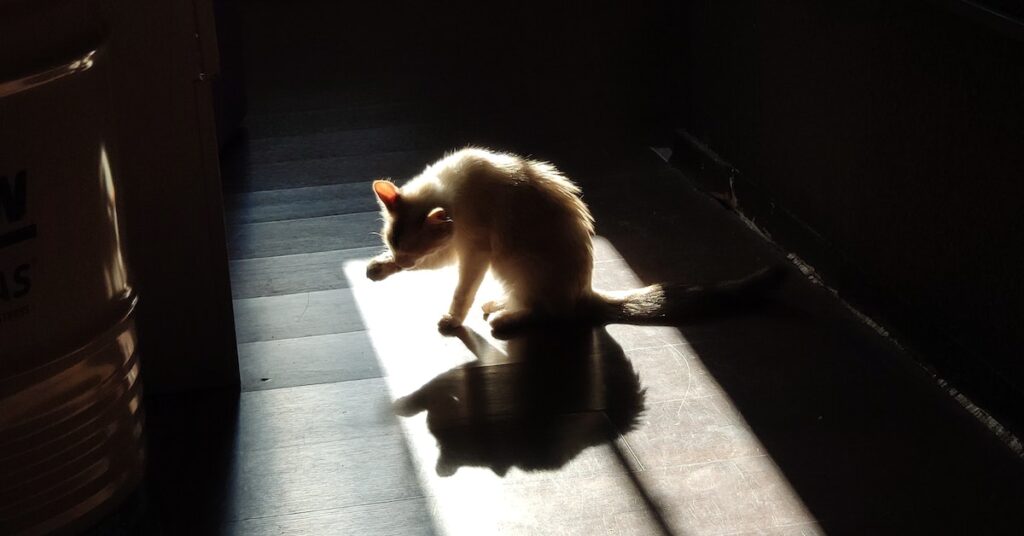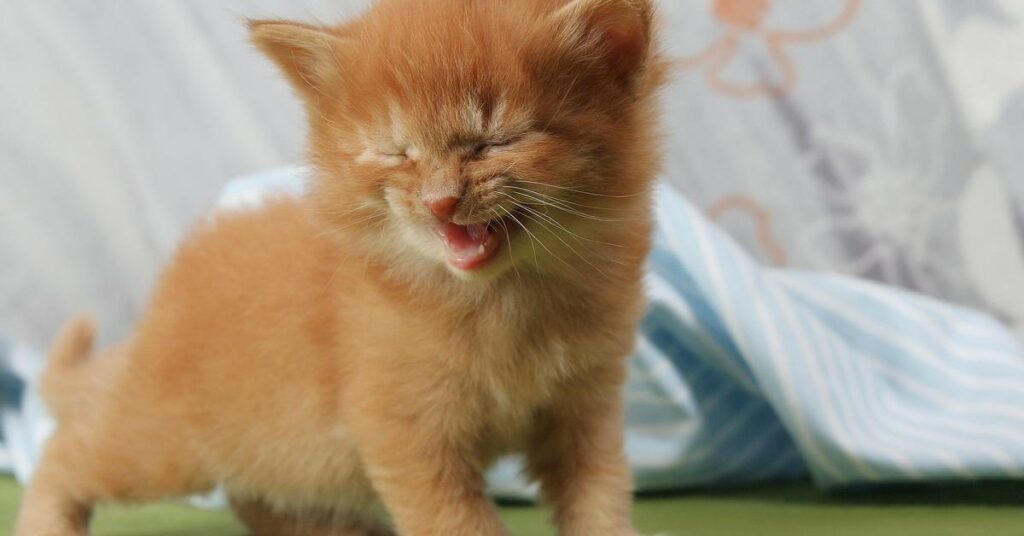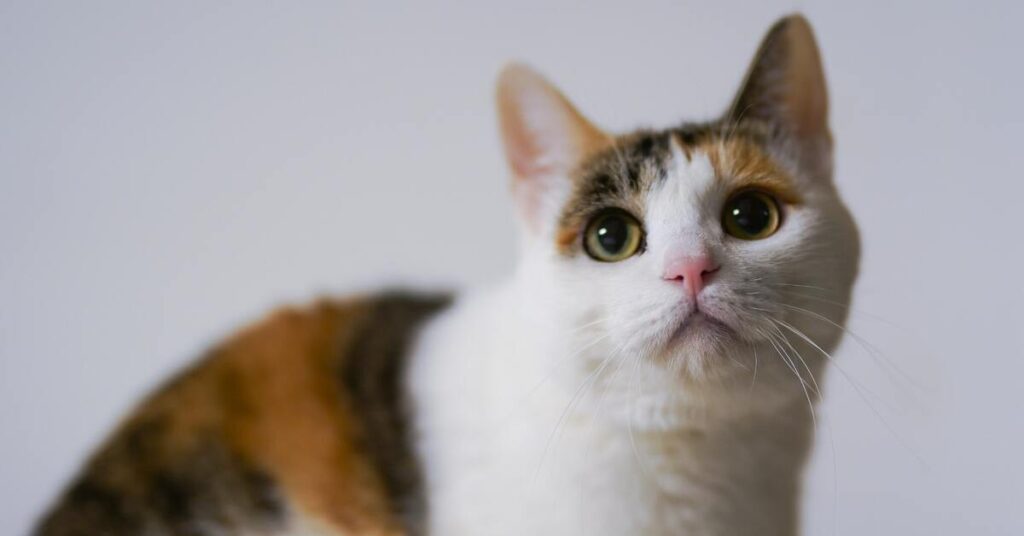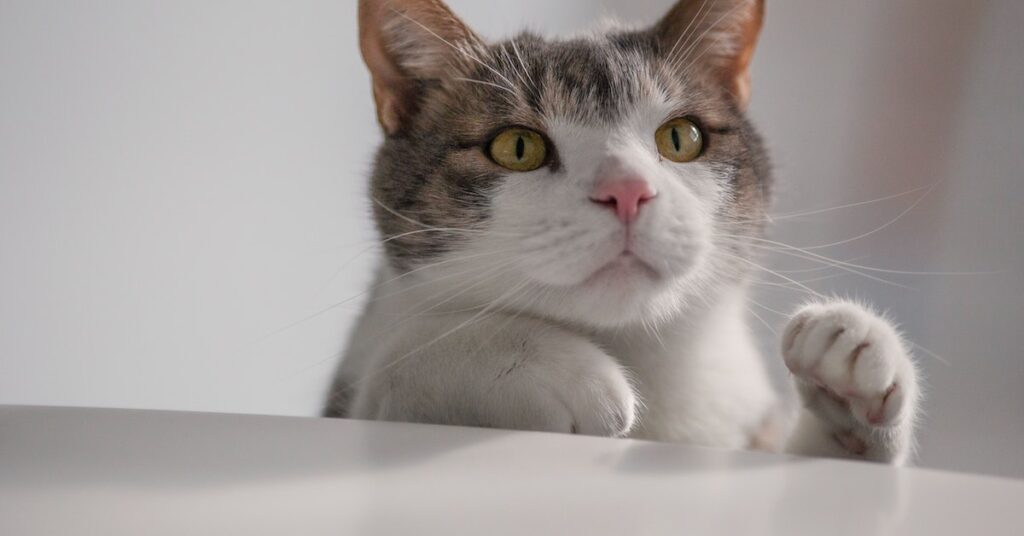If you’ve ever wondered why cats lick themselves, it’s probably because they are frustrated with something that’s going wrong. Maybe your cat is trying to accomplish something and it’s not going so well. It may be feeling confused or nervous. If your cat licks itself excessively, it may be damaging the injury.
Read more about 163 Interesting Facts About Cats That Every Cat Lover Should Know
licking helps distribute the natural oils produced by your cat’s skin
Licking is an important activity for your cat. It helps your cat distribute the natural oils produced by its skin and keeps its fur smooth and shiny. The oils also help to keep your cat warm in cold weather. Your cat also licks itself to cool off when it is hot or when it has an underlying medical problem. For example, if your cat has skin mites or ringworms, they may groom themselves to remove them.
If your cat is excessively licking its own skin, you should consider having him or her checked out by a veterinarian. While licking is a natural behavior, excessive grooming can indicate a cat that is stressed. Zookeepers check for spots of bare skin on animals when they’re stressed. If these patches are too large, the animal may have a medical condition.
Besides helping your cat’s skin stay clean, licking also distributes natural oils and guards against dampness. Licking also helps your cat regulate its temperature, as the saliva evaporates on its fur. Cat saliva contains enzymes that act as a natural antibiotic.
Cats love to groom themselves. Most cats don’t need to be bathed regularly, but a regular licking will help distribute these oils throughout your cat’s coat. Your cat’s tongue has a rough texture that acts as a skin exfoliant. It also removes dirt and parasites from your cat’s coat.
Your cat spends up to 50 percent of its waking hours grooming. This means it licks itself to eliminate the smell from food and to protect itself against predators. Even indoor cats lick themselves to reduce the scent. It is also a natural way for cats to eliminate food odor.
Some cats lick their belly because they’re allergic to a certain food. While this action is harmless, it can have negative effects. If your cat is licking itself too much, it could cause an allergic reaction in the skin. It is vital to keep your cat away from foods that cause atopy.
Read more about Important Facts About the Different Breeds of Grey and White Cats
licking a wound clean can be beneficial for a cat
Licking a wound is a common behavior in cats, and it can be beneficial to a cat if done appropriately. Cats’ saliva contains a number of antimicrobial compounds, which can relieve pain and reduce the growth of harmful bacteria in a wound. However, it is important to remember that licking a wound repeatedly may do more harm than good.
If your cat is determined to lick the wound, prevent the injury by bandaging the wound with a bandage or a small piece of gauze. A bandage should not suffocate the wound, but should be secure enough to prevent your cat from licking the wound. Using a cat lick deterrent spray to cover the bandage can also discourage your cat from licking it. Some of these products contain substances that make the bandage taste bad and will keep your cat from licking it.
Cats love to lick their wounds, and they will do so for hours. It may even be helpful for you, as your cat will instinctively clean the wound and reduce pain. However, this behavior may also exacerbate the wound or cause an infection. If your cat has a wound, you should check it for signs of infection at least once a day to avoid the risk of infection.
It is important to keep in mind that excessive licking of wounds can lead to a bacterial infection or a granuloma, a raised border around the wound. This type of infection can cause further pain and prolong the healing process of the wound. Licking excessively can also lead to the development of a dependency on the motion.
When your cat is injured, they will typically lick the area, but excessive licking will make the wound worse and lead to an infection. It is best to get the cat to the vet if the wound is serious or has a history of infection.
While the regenerative process is important for your cat, excessive licking can lead to an infection or slow healing. It can also damage the stitches. Further, excessive licking can also lead to a cat unraveling good vet work. If you’re worried that your cat will lick the wound, make sure that the wound is completely covered with plastic.
Often, people do not want to allow their pets to lick wounds, but licking the wound may be beneficial for the animal. This is because saliva contains enzymes that help the body heal itself and kill gram-positive bacteria. Also, cat saliva contains nitrate compounds that inhibit bacterial growth.
Cats have an instinct to lick wounds. In fact, kittens mimic their mother’s licking habits when they are in the litter box. The licking instinct helps cats groom themselves and their littermates. Cats will instinctively lick wounds that hurt or are inflamed. However, excessive licking can cause infections and delay the healing process.
Read more about Travel Essentials For Your Cat
licking too much can damage an injury
In some cases, licking an injury can damage it further. This can be caused by a number of reasons. These include boredom, lack of exercise, stress, and obsessive-compulsive disorder. Luckily, there are some methods that can help you prevent your dog from over-licking an injury.
Read more about Hairless Cat Breeds, That you will Love








